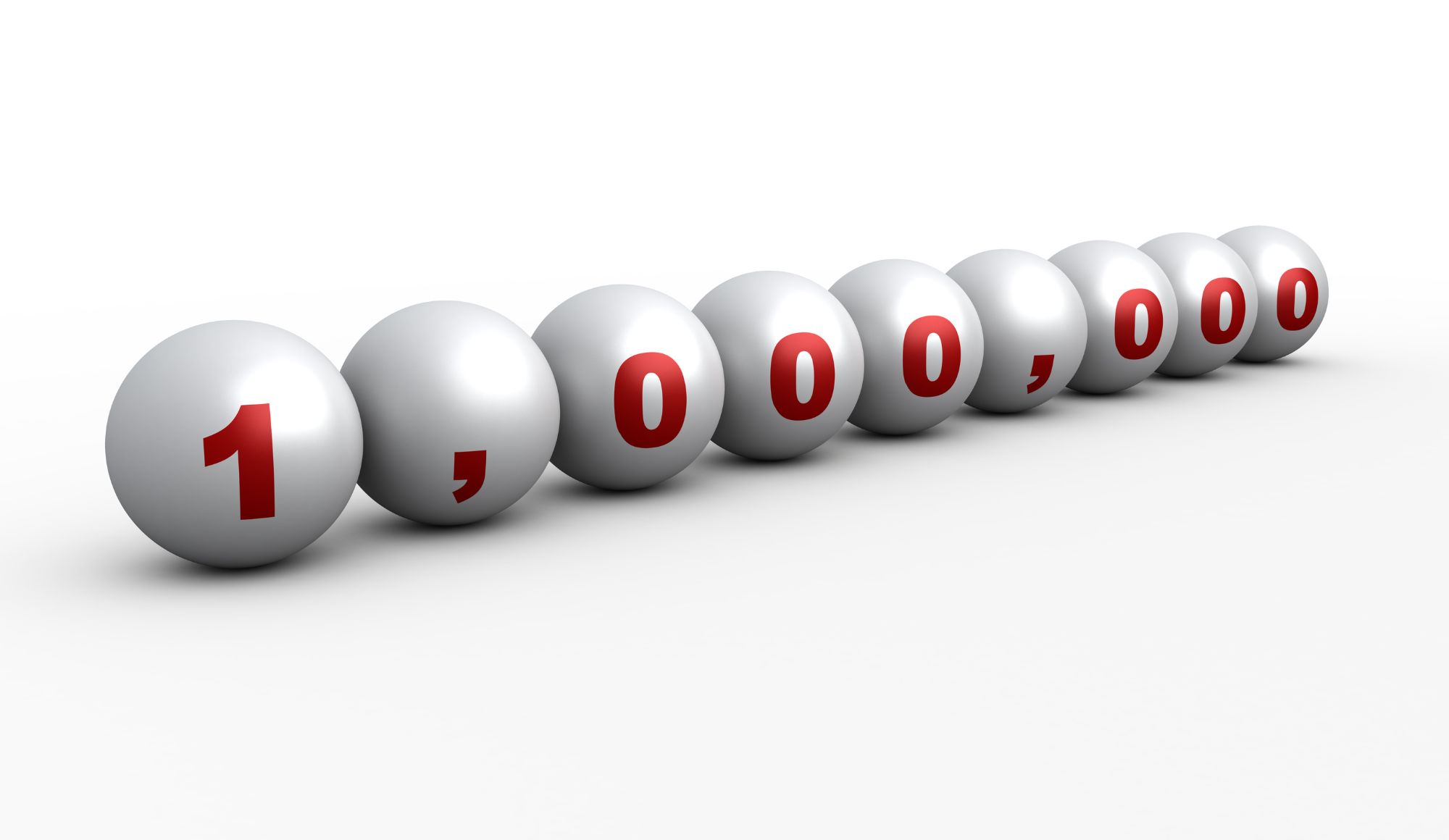Market Commentary: 1 Unstoppable Stock Worth $1,000,000 Per Share?
When Tesla shares were priced in the thousands of dollars, it didn’t take long before a stock split was authorized. So too, the same happened at Apple and Alphabet. But one company has bucked the stock-splitting trend, Berkshire Hathaway. Its CEO, Warren Buffett, doesn’t believe in splitting shares. Why might that be?
Stock splits are a double-edged sword. On the one hand, share prices are more affordable so more people can buy them. On the other hand, they are believed to facilitate more trading.
It’s the latter point that irks Buffett. He doesn’t want Berkshire shares transacted so much as he wants long-term shareholders who perceive their purchase as owning a share of his business.
He hasn’t wavered from that stance once over the last half century or more. And today, a Class A share of Berkshire Hathaway will set you back a cool half million bucks, or thereabouts. What’s the next stop for Berkshire’s share price?
Key Points
- Berkshire Hathaway is currently priced near $500,000 per share and is unlikely to ever split its stock
- With almost a trillion dollars in assets, Berkshire has significant upside still.
Who Will Be “The Last Man Standing?”
Peter Lynch, the famous money manager, with a Buffett-like investing style was on CNBC recently and casually commented that it doesn’t take a genius to figure out which company to buy when faced with two choices:
- Company A has $300 million in debt and little cash
- Company B has $300 million in cash and little debt.
His point was to make sure when you invest to look at the balance sheet. There is a reason a stock like AT&T trades below its 2006 level; its balance sheet is heavily debt burdened.
Now contrast that with Berkshire Hathaway, which has a truly astonishing $92 billion in short-term investments as of its last filing. Most of these are invested in some form of Treasury bill (3 or 6 months) so you can be confident the number is approaching $100 billion now.
That kind of liquidity reserve is what allows Buffett to be confident that Berkshire will be “the last man standing” if everything goes pear-shaped. And that doesn’t include $35 billion of cash on hand.
Long-term debt for Berkshire sits at $107 billion, a lofty figure too. But Berkshire has almost $1 trillion in assets, $948 billion to be precise. Relative to its asset base and liquidity, the debt burden is modest.
Which leads us to the question, how high can Berkshire go?
Will Berkshire Hit $1,000,000 Per Share?
In March, 2009, at the depths of the Great Recession, 1 share of Berkshire Hathaway would set you back $73,000. This was about the same price as in 1999 during the dot com bubble. Few could have imagined that if you fast forwarded another decade and change, Berkshire would have 5x’ed in share price, and hovered around $500,000 per share.
Similarly, we think the most asset rich company in the United States will hit the almost unfathomable level of $1,000,000 per share in the next decade.
In the nearer term, absent any additional moves by Buffett, we see fair value sitting at $631,000 per share, suggesting upside of at least 28% currently. If Buffett can find another big cash-producing firm to purchase, we expect that number to increase and ultimately hit the lofty million dollars per share level.



